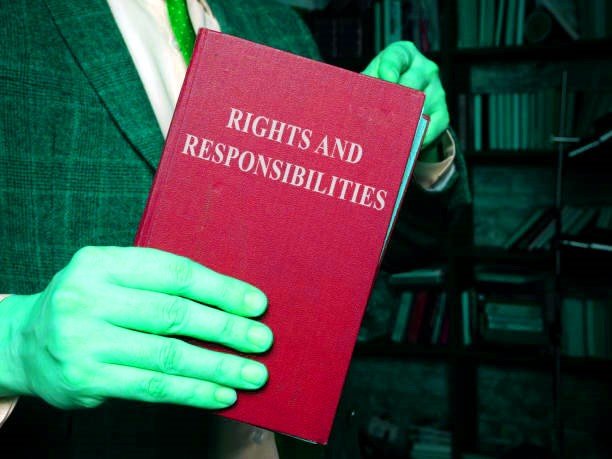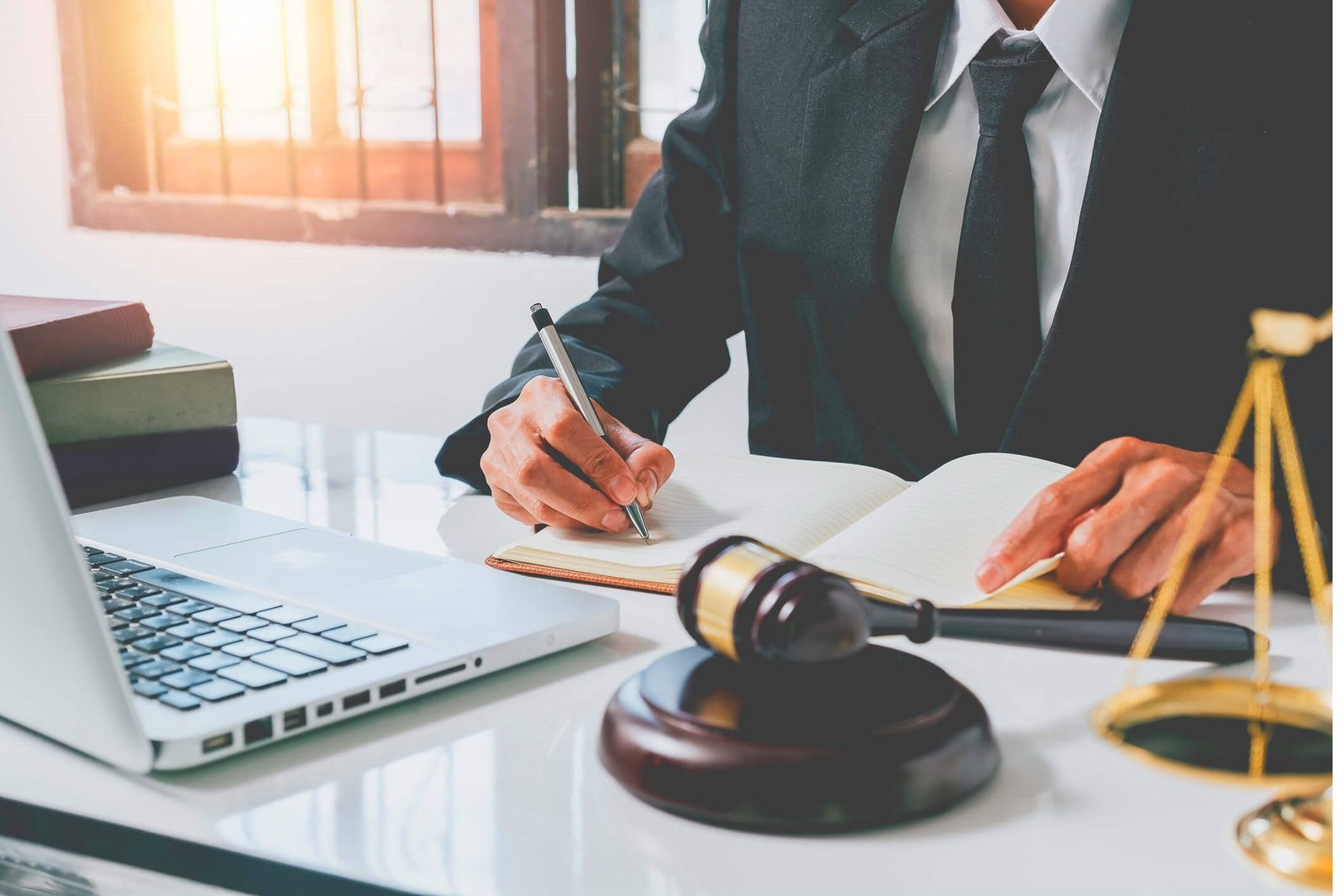Legal Rights and Responsibilities: What You Need to Know

Understanding legal rights and responsibilities is fundamental to navigating the complexities of the modern world. These rights and obligations form the backbone of our societies, dictating the freedoms we enjoy, the duties we bear, and the boundaries that safeguard individual and collective well-being.
In this article, we delve into the intricate web of legal rights and responsibilities, shedding light on their significance, the various types that exist, and the impact they have on our daily lives. By the end of this exploration, you’ll have a clearer understanding of how legal rights and responsibilities shape our interactions, decisions, and the very fabric of a just and equitable society.
Contents
Understanding Legal Rights and Responsibilities
Legal rights and responsibilities are the foundation of any just and orderly society. They define the boundaries of individual and collective behavior and provide a framework for resolving conflicts. In this article, we will explore the various aspects of legal rights and the responsibilities that accompany them.
The Importance of Legal Rights
Legal rights are essential for safeguarding individuals’ interests and promoting fairness and justice within a community or nation. They ensure that every person is treated with respect, dignity, and equality under the law. Understanding these rights is crucial for every citizen.
Types of Legal Rights
Civil Rights
Civil rights encompass a wide range of personal liberties and protections, such as freedom of speech, freedom of religion, and the right to a fair trial.
Human Rights
Human rights are universal and inalienable rights that belong to all individuals by virtue of their humanity, including the right to life, liberty, and security.
Constitutional Rights
Constitutional rights are enshrined in a nation’s constitution and are typically protected by the highest law of the land. They provide a framework for the government’s operation and limitations.
Property Rights
Property rights protect an individual’s ownership of assets and belongings, ensuring that they can use and dispose of them as they see fit within the confines of the law.
Responsibilities that Come with Legal Rights

Respecting Others’ Rights
With legal rights come responsibilities. It’s crucial to respect others’ rights as well. Your freedom of speech should not infringe upon someone else’s right to safety or privacy.
Obeying the Law
Legal rights do not grant the freedom to break the law. You are still obligated to follow the laws and regulations in your jurisdiction.
Exercising Rights Responsibly
Exercising your rights should be done responsibly. For instance, freedom of expression should not be used to promote hate speech or incite violence.
Read More: Indigenous Rights and Cultural Preservation Laws
Legal Rights in Everyday Life
Legal rights are not abstract concepts but play a significant role in our daily lives. Here are some common areas where legal rights come into play.
Employment Rights
Employees have the right to a safe workplace, fair wages, and protection against discrimination and harassment.
Consumer Rights
Consumers have the right to safe products, accurate information, and recourse if they purchase faulty goods or services.
Tenant Rights
Renters have rights to live in habitable conditions, privacy, and protection from unlawful eviction.
Family Rights
Family law protects the rights of individuals within family units, covering issues like marriage, divorce, and child custody.
Legal Rights in the Digital Age
In the era of technology and the internet, legal rights extend into the digital realm. Protecting your online privacy, data, and intellectual property is as vital as safeguarding your physical rights.
Protecting Your Legal Rights
Legal Counsel
If you feel your legal rights have been violated, seeking legal counsel is often the best course of action. Lawyers can provide guidance and represent you in legal proceedings.
Self-Advocacy
Empowering yourself with knowledge about your rights and responsibilities is a valuable form of self-advocacy. It enables you to protect your rights proactively.
Reporting Violations
Reporting violations of your rights is essential in upholding the law and preventing further infringements.
Read More: Protecting Your Business: Key Aspects of Corporate Law
Conclusion
In conclusion, legal rights and responsibilities are the cornerstones of a fair and orderly society, providing the framework for our interactions, protection of individual liberties, and the promotion of justice. By recognizing the importance of respecting the rights of others, obeying the law, and exercising our rights responsibly, we contribute to a harmonious community where each individual’s dignity and freedoms are upheld.
In our rapidly evolving world, understanding the intricacies of legal rights in everyday life and the digital age is crucial for informed and empowered citizenship. By safeguarding our legal rights and holding ourselves and others accountable for our responsibilities, we help create a society that thrives on justice, equality, and the protection of fundamental freedoms.
FAQs
What are human rights, and why are they important?
Human rights are fundamental and universal rights inherent to all individuals by virtue of their humanity. They include the right to life, liberty, and security. These rights are vital for ensuring dignity, equality, and justice in society.
Can legal rights ever be limited or restricted?
Yes, legal rights can be limited in specific circumstances, such as for national security or public safety. However, these limitations must be lawful, proportionate, and necessary in a democratic society.
How can I exercise my right to free speech responsibly?
Responsible free speech involves using this right without causing harm to others. Avoid hate speech, incitement to violence, or spreading false information to ensure constructive dialogue.
What should I do if I believe my legal rights have been violated?
If you believe your legal rights have been violated, seek legal counsel, document the violation, report it to relevant authorities, and consider legal action if necessary.
What is the significance of constitutional rights in a nation’s legal framework?
Constitutional rights are foundational rights enshrined in a nation’s constitution. They protect individual freedoms, limit government authority, and provide a legal framework for citizens’ protection and recourse against government overreach.





